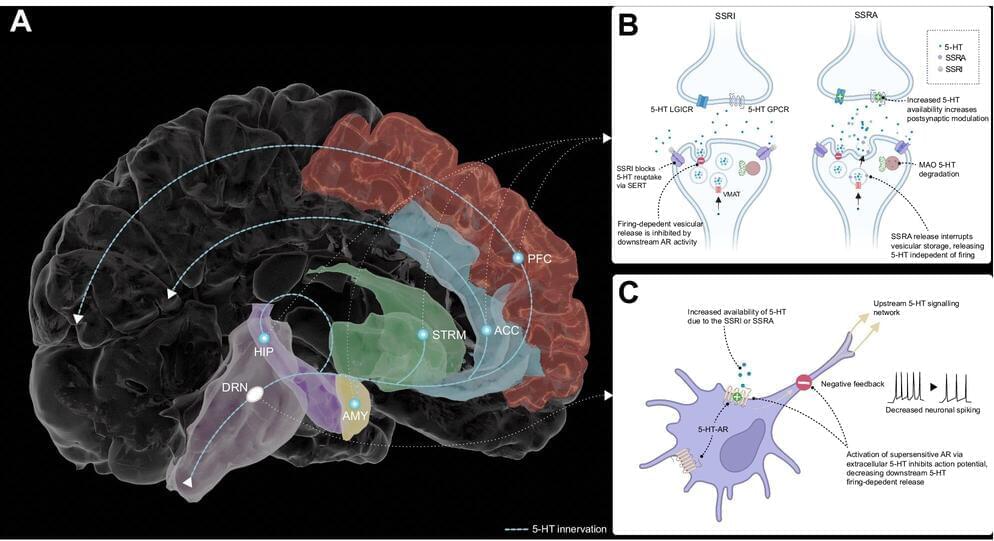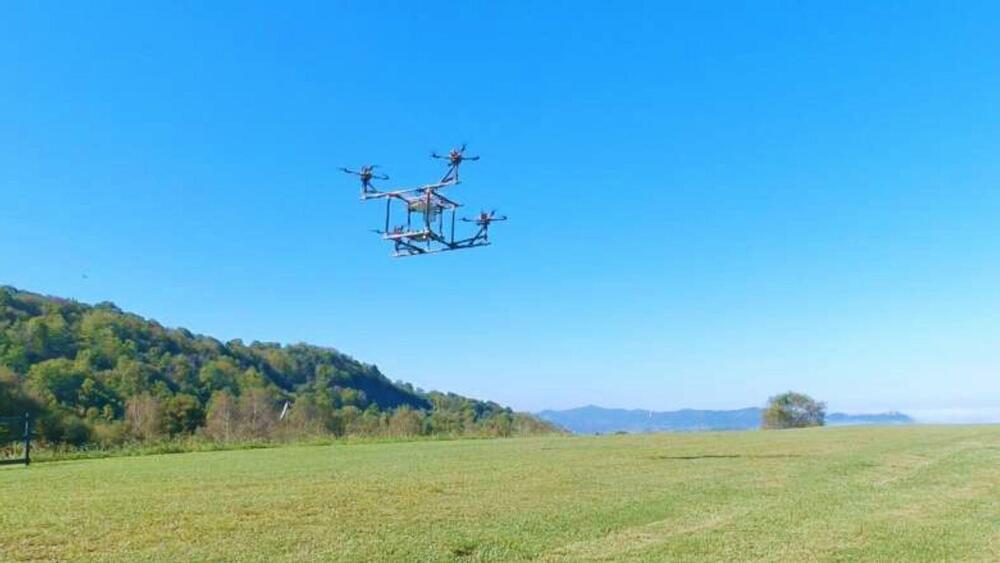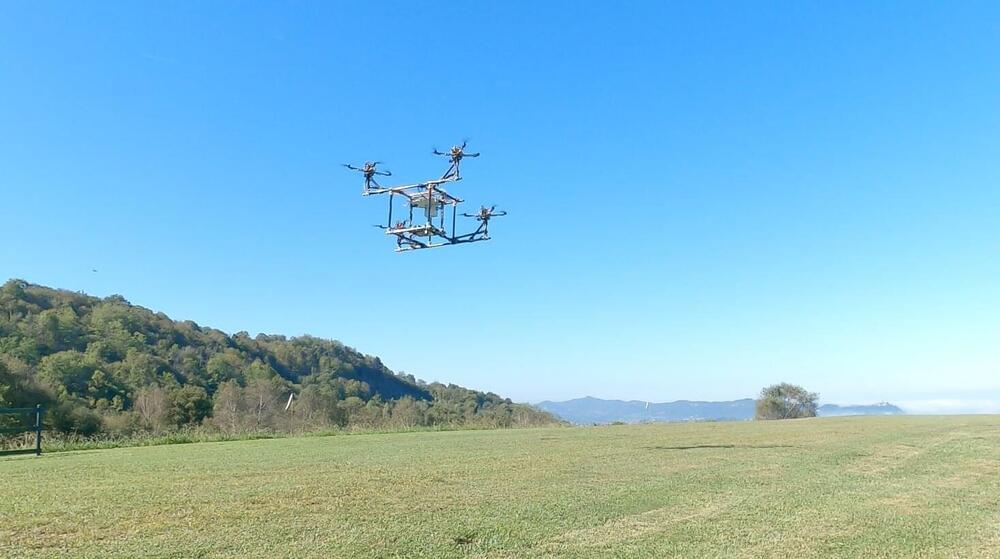Aug 10, 2024
New Biomaterial Could Finally Repair Damaged Cartilage in Injured Joints
Posted by Shubham Ghosh Roy in categories: innovation, materials
The body is pretty good at repairing itself, but some parts of our anatomy struggle to bounce back after an injury.
One such material is cartilage – the spongy yet firm connective tissue that keeps our bones from rubbing and jarring against each other. Over time, the translucent or ‘hyaline’ components of cartilage can become heavily degraded, resulting in painful conditions like osteoarthritis and chondromalacia.
Scientists have been working on a way to regenerate hyaline cartilage for years, and now a team led by Northwestern University in the US has achieved a breakthrough. They have developed a biomaterial that, injected into damaged cartilage in living sheep, acted as a scaffold that promoted cartilage regrowth in active joints.

















